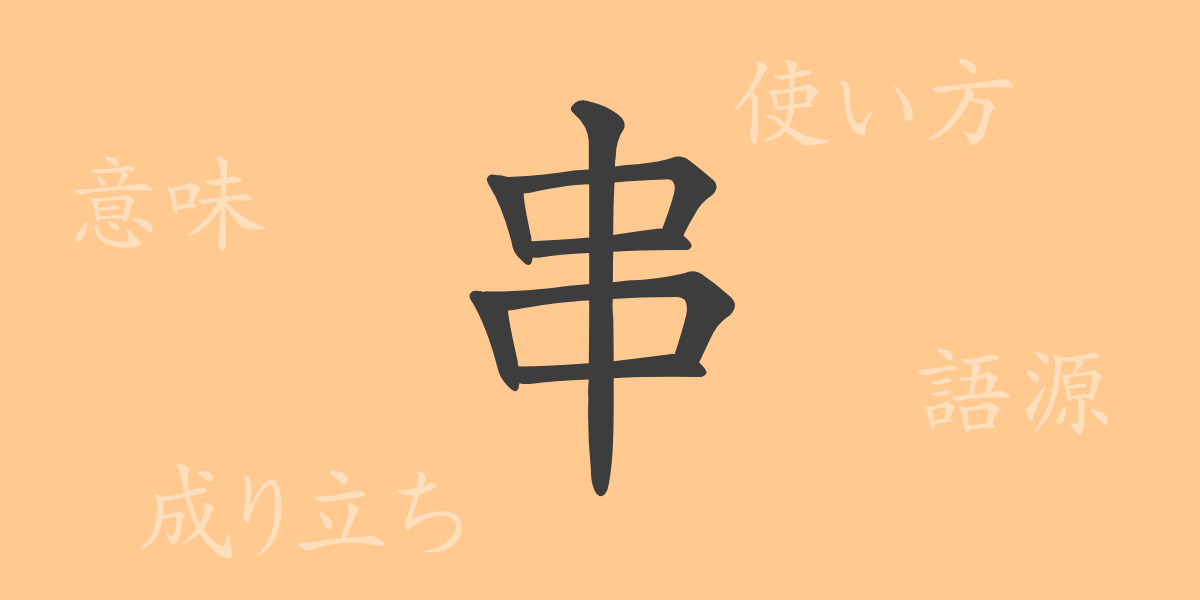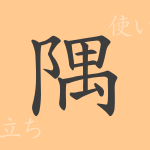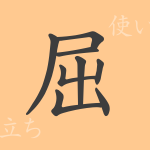The richness of Japanese culture and language is embodied in its unique kanji characters. One of the commonly used kanji, “串(くし),” can be found everywhere in Japanese life, from cuisine to literature. In this article, we will delve deep into the world of “串(くし),” exploring its etymology, usage examples, and the idioms and proverbs associated with it.
Origin of 串(くし) (Etymology)
The kanji “串(くし)” has long been used to represent tools for skewering objects. In ancient Chinese texts, it referred to tools used for skewering and grilling meat or fish, and this meaning has been inherited in Japan as well. The character combines the “木(き)” radical, meaning wood, with “世(せい),” evoking the image of a wooden skewer.
Meaning and Usage of 串(くし)
“串(くし)” primarily means “to skewer” or “to pierce through.” In cooking, it refers to skewering meat or vegetables for grilling or display. Metaphorically, it can also represent things that are connected in a straight line.
Readings, Stroke Count, and Radical of 串(くし)
“串(くし)” is relatively simple in structure among Japanese kanji, making it easier to remember.
- Readings: On’yomi (Chinese reading) – “セン(せん)”; Kun’yomi (Japanese reading) – “くし”
- Stroke count: 7 strokes
- Radical: 木(きへん) (wood radical)
Idioms, Phrases, and Proverbs Using 串(くし)
Many idioms and phrases containing “串(くし)” derive from its direct meaning. “串刺しにする” means to thoroughly criticize something. “一刀両断(いっとうりょうだん)” means to decisively resolve or decide something. A proverb like “串に穴があるよう” implies that even the smallest gaps or holes will be found.
Conclusion on 串(くし)
The kanji “串(くし)” evokes many meanings from its shape and is used in various contexts in the Japanese language. While essential in the culinary world as a tool, it also serves as an expression that penetrates the essence of matters in language. Each commonly used kanji in Japan carries a deep history and culture, and understanding them allows for a deeper appreciation of the richness of the Japanese language.

























